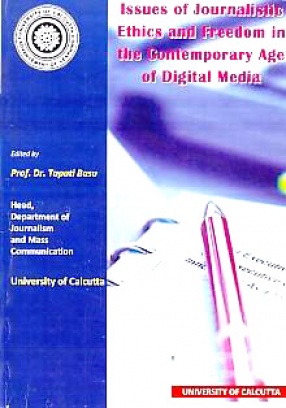Over the years, the Boards of Secondary Education have undergone a process of functional change from being examination boards to Secondary Education Boards and finally to Boards of School Education. This has resulted in many modifications in the working of the boards. Even then, the boards are facing many challenges. The main challenge before the boards are that there is a constant threat of knowledge getting obsolete day by day, on the other the requirement for updating the existing facilities remains a financial challenge. The boards need to widen the sphere of their operations and increasingly support schools in undertaking innovative activities and in offering high quality education. They need to adopt several measures, for instance, concerning academic guidance and supervision, preparation of quality teaching-learning material, adoption of progressive modes of evaluating students’ performance, training of teachers, principals and other personnel, and evaluation of the performance of schools affiliated to them. In addition, revolutionary advancements in communications technology have broken the national boundaries. As a consequence, globalization has created several avenues and possibilities for educational sector. Therefore, there is exigency to see how Boards of Secondary Education are prepared for facing these challenges. The boards must think constantly about the ways and means to absorb the changes. The book deals with role of boards in managing change and quality of secondary education in four States of India, i.e., Himachal Pradesh, Madhya Pradesh, West Bengal and Andhra Pradesh.
Rehabilitation and Resettlement Issues of People Affected in Project Land Acquisition: Administrative Social and Regulatory Mechanisms
Rehabilitation and ...
$303.30
$337.00





There are no reviews yet.